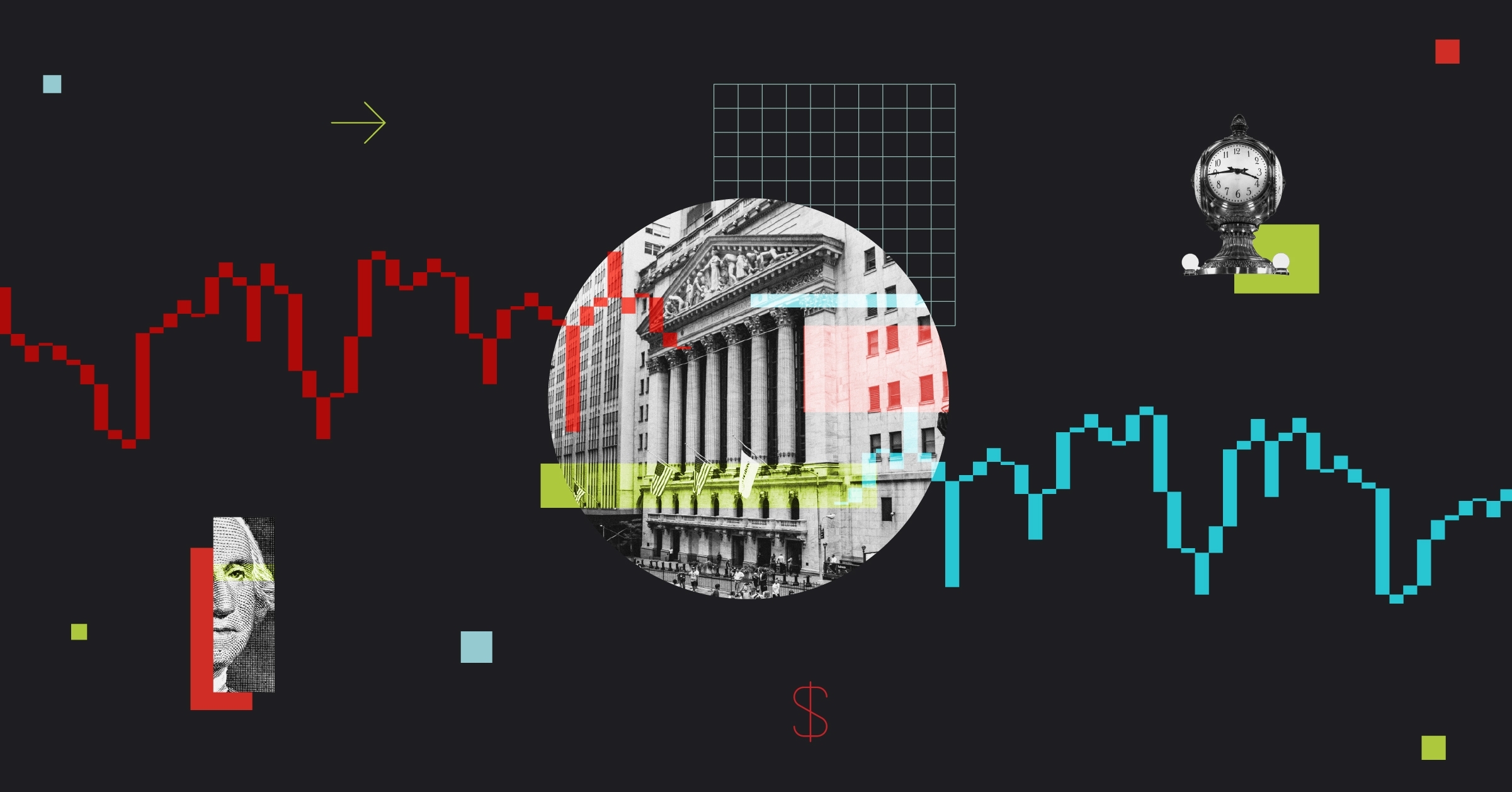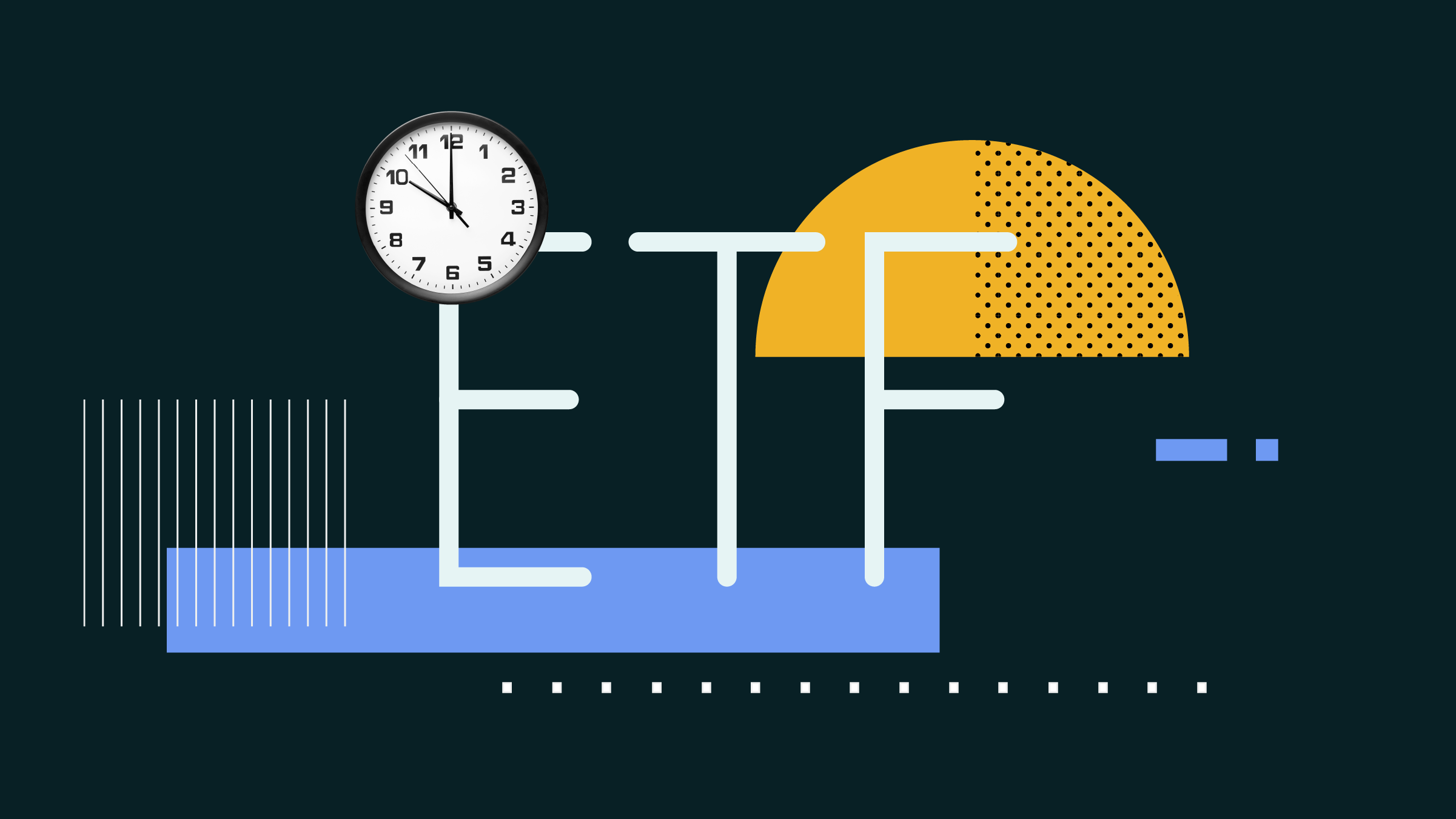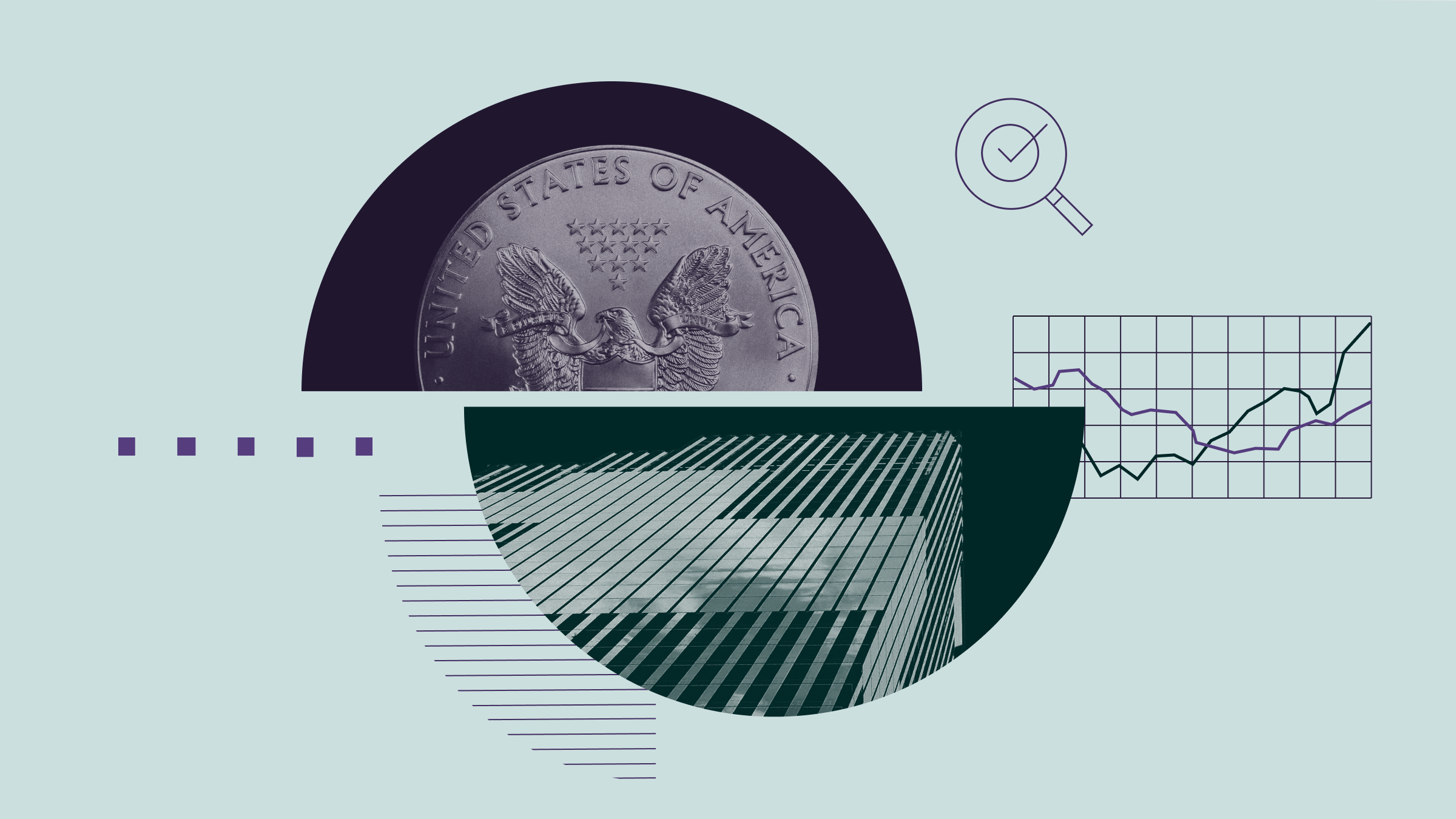
Buying and maintaining a home is complicated. Apart from the costs – which in Canada, especially in urban centers, are really high – there is also the taxes, upkeep, and mortgage costs to consider. With interest rates rising yet again, interest rates on mortgages are now well above the 5% mark.
Perhaps this, alongside other things, may have prompted Redditor u/Louda1212 to ask about regrets with paying off a mortgage.
The original poster (OP) asked r/PersonalFinanceCanada, “Has anyone ever regretted paying their mortgage off early, rather than invest the funds?”
Canadian Reddit users were mixed in their responses. Here is what some had to say:
Reddit Canada on Why Paying off a Mortgage Early Is Good
- All comes down to numbers. Mortgage at 1.5% vs 6.5% will change a lot of minds and budgets. u/degno1
- Yep. I've always been a big fan of investing but with rates this high, the guaranteed return of 5 - 6.5% is tough to pass up. u/robbhope
- Paying off your mortgage is so liberating. In case of an unexpected layoff or some kind of expensive emergency, it’s one less thing to worry about. u/TravellinJ
- No regrets in paying off my mortgage sooner. All my bills are going up right now and it's great to only have property tax instead of property tax and mortgage. u/Regina_Runner
- I don’t know anyone in my life that has a paid off mortgage that is regretting it. I’m dumping all my savings into my mortgage. I’ll save later. Currently 40 years old. u/Ok_Plan_988
- Never. From a financial perspective, it would probably have been better to invest, but the feeling of being mortgage free was priceless. u/ykphil
- I had 14% mortgage rate. You're damn right I paid it off early. Then when recession hit and I was out of work a few times, I never worried about foreclosures or being homeless. u/Signal_Tomorrow_2138
Reddit Canada on Why Paying off a Mortgage Early Might Not Always Work
- I think it's hard to say because you're somewhat comparing unknowns. And you're talking long timelines. I think people get a bit too hung up on this battle. Both are really good options, or a mix of the two. But, for a lot of people it's not realistic to pay off a 25-year mortgage in 5 or even 10 years. You'll have this debt for a while. I personally don't want to ignore savings for 10-15 years. Even mortgage free, RRSPs can be tricky to catch up on in a short time. So we just do a mix of all.u/hinault81
- Regret may be too strong of a word, but I truly suspect that I would have been better off financially had I invested some of my money instead of pouring it all into the mortgage at the time. u/green__1
- I’m strongly on the camp of investing. 5-6% has been easy to beat in investments historically. Who knows, Mortgage rates may go back down to 2% and at that point you are locked into it then. Once the house is paid off that money tied up in equity is essentially earning 0% unless you pull it out in a HELOC but if you do that then why did you pay it off early. If interest rates continue to go up like in the 80s then you can always pay down then, but even then, stock markets significantly outperformed the incredibly high mortgage rates of the 80s. u/Longjumping_Bend_311
- I invest now because I’ll probably get a decent enough inheritance to pay off the mortgage in 20 years. I kind of wonder if anyone else is in the same boat. u/second-soul
What is a Mortgage?
Morningstar Australia writer Mark LaMonica explains how a mortgage works.
A mortgage is an amortising loan. That means that each mortgage payment has a portion that goes to pay interest to the bank for loaning the money and a portion that goes to principal which pays back the outstanding balance on the loan.
Over the life of the loan the amount of each payment that goes to interest and principal changes. At the start of the mortgage term most goes to interest. At the end of the mortgage most goes to principal. The proportions that go to principal and interest matter. Interest is just a cost for borrowing the money. The principal increases the amount of the house owned by borrower.
Making additional payments on a mortgage has the effect of accelerating the path along the amortisation schedule. Extra payments go to principal which shortens the length of the mortgage and ultimately reduces the amount of interest paid. There is an undeniable benefit from additional mortgage payments. But there is an opportunity cost for that money. You can find a mortgage payoff calculator here.
As always, the personal circumstances of each person should be the primary driver of any financial decision.
What Does Morningstar Think of Reddit Canada’s Mortgage Advice?
When it comes to the choice between paying off a mortgage or investing, the natural tendency is to ask whether you can earn a higher return on your investment than what the mortgage rate is. However there are a couple of things to consider in this decision:
1. In Canada, most mortgages have a maximum fixed-rate period of 5 years (that is, you can only hold that fixed interest rate for 5 years at which point you will have to re-finance the mortgage with prevailing rates). At the time of this writing someone signing up for a fixed rate mortgage today would pay in the neighborhood of 5.2% interest each year. In concept, if you could find an investment that would provide an annualized return greater than this, you’d come out on top. But what are the chances of this actually happening?
The above chart shows rolling 5-year returns on several common fund categories and equity benchmarks. From this we can see clearly that a 5-year return topping 5.2% is very much possible, but far from guaranteed.
2. Canadians’ primary residences are not subject to capital gains tax, whereas investments outside of a tax shelter (i.e. not in an RRSP or TFSA) are subject to taxes (on capital gains, dividends, and interest income). Depending on your marginal tax rate, a 5% return on a stock investment might not equate to 5% more money in your pocket. This must be factored in as well to understand whether you can ‘beat’ the mortgage rate by investing.
Morningstar on Investing vs Paying Down a Mortgage
Nicole Wells, VP of home equity, RBC told Morningstar contributor Pira Kumarasamy that it’s best to assess the kind of lifestyle you want to have and test drive the numbers before making this important decision. “Set a budget and figure out what that lifestyle looks like,” she says. “If you think you can’t save enough to get into a home faster, then look into rental options.”
The costs of owning a home often take new home owners by surprise. Do your research and put your finances through a ‘stress test’ to ensure that you can comfortably take on not only the regular costs associated with your potential home, but the incidental costs that can arise. It’s also important to note that while interest rates might be relatively low today, they likely won’t stay that way forever.
When it comes to the cost of real estate and the benefit of investments and diversification, Jonathan Rivard, a financial advisor with Edward Jones recommends looking at a large portfolio like the Canada Pension Plan for a benchmark.
“The Canada Pension Plan would never put 100% of the money into just real estate or just stocks or bonds,” he says. “If you were thinking like a pension fund and how to create and protect wealth, you would diversify and look at all of your options.”




















